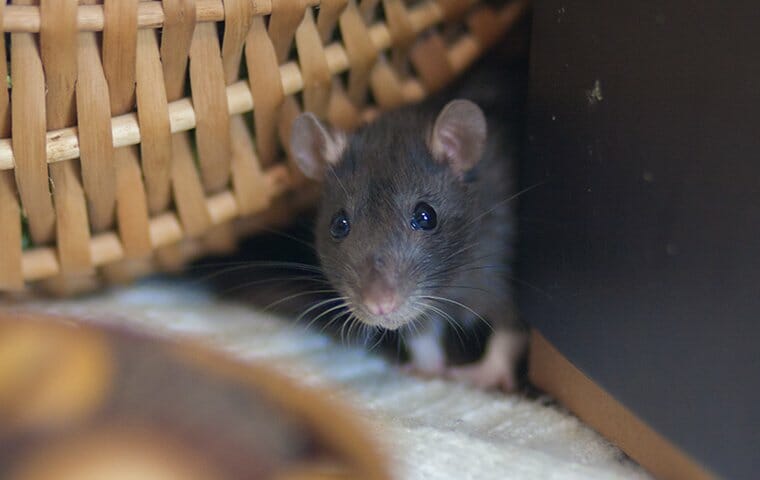Running a retail store comes with its set of challenges, and one that often gets overlooked is the menace of rodents. These tiny intruders can cause significant damage to your merchandise, infrastructure, and most importantly, your reputation. Implementing effective retail store rodent proofing ideas is crucial for maintaining a clean and safe environment for both customers and staff.
In this article, well delve into various strategies that can help in protecting your store from these pesky invaders. Whether you are a seasoned store owner or just starting out, understanding the importance of rodent proofing is indispensable for running a successful retail business.

Understanding the Rodent Threat
Rodents, particularly mice and rats, are more than just a nuisance. They pose serious health risks by spreading diseases through their droppings and urine. Moreover, they can chew through wires, leading to potential fire hazards, and damage product packaging, resulting in significant financial losses. For more information on how to tackle mice infestations, you can explore this resource on how to get rid of mice.
Identifying Signs of Rodent Infestation
Early detection is key in managing a rodent problem. Keep an eye out for signs such as droppings, gnaw marks, and nesting materials. You might also notice a musky odor or see tracks in dusty areas. Regular inspection is essential in identifying and addressing these issues promptly. To learn about safety tips in rodent control, you might find this blog post helpful.
Implementing Preventive Measures
Prevention is always better than cure. Here are some effective strategies to keep rodents at bay:
Sealing Entry Points
Rodents can squeeze through surprisingly small openings. Inspect your store for gaps or holes in walls, floors, and around utility pipes. Use materials like steel wool or caulk to seal these entry points effectively.
Maintaining Cleanliness
Ensure that your store is kept clean and free of food debris. Regularly dispose of garbage and use sealed containers for food storage. A clean environment is less attractive to rodents, reducing the likelihood of an infestation.
Using Natural Deterrents
Consider using natural deterrents such as peppermint oil, which can be an effective repellent. Soak cotton balls in peppermint oil and place them in areas prone to rodent activity.
Advanced Rodent Control Techniques
For stores already facing a rodent problem, more advanced solutions might be necessary. These include:
Traps and Baits
Using traps and baits can be effective in controlling a rodent population. Opt for humane traps that allow for the release of captured rodents. It's important to handle traps and baits safely to avoid any health risks. For further insights on safe pest control practices, consider this article.
Professional Pest Control Services
Sometimes, calling in professionals is the best course of action. Pest control experts have the tools and knowledge to tackle severe infestations effectively. They can also provide ongoing management solutions to prevent future problems.
Maintaining a Rodent-Free Environment
Once you have taken the necessary steps to proof your store against rodents, maintaining these standards is crucial. Regular inspections and updates to your prevention strategies can help keep your store rodent-free.
In conclusion, the implementation of retail store rodent proofing ideas is an essential part of managing a successful retail business. By understanding the risks and taking proactive measures, store owners can protect their investments and ensure a safe environment for everyone involved. For further reading on commercial building rodent exclusion, you might want to check out this resource.

Frequently Asked Questions
What are natural ways to deter rodents?
Using natural deterrents like peppermint oil, installing ultrasonic repellents, and maintaining cleanliness can help keep rodents away.
How do I know if my store has a rodent problem?
Look for signs such as droppings, gnaw marks, nesting materials, and musky odors. Regular inspections can help in early detection.
Is professional pest control necessary for small infestations?
While small infestations can sometimes be managed with traps and baits, professional pest control services ensure thorough treatment and prevention.
